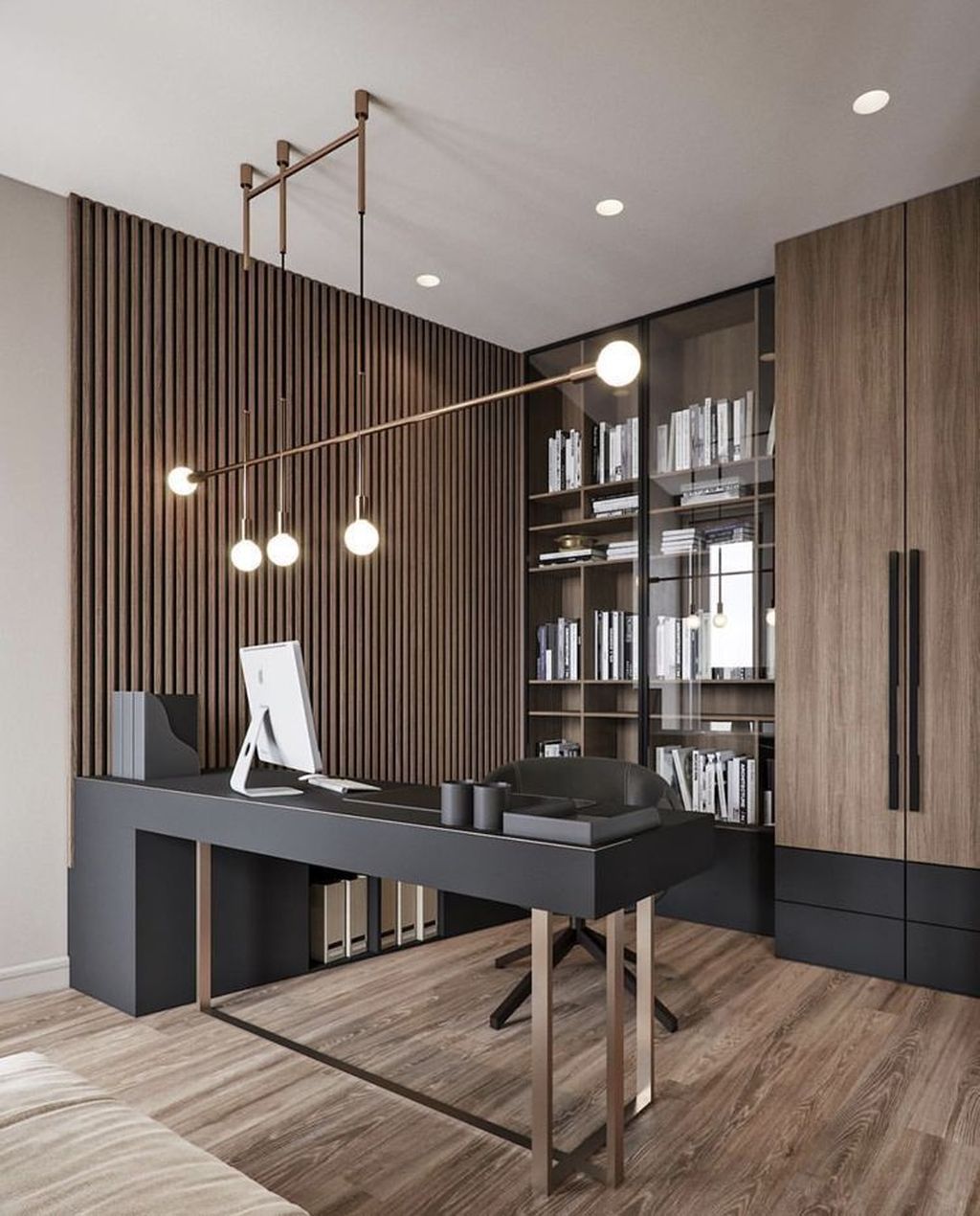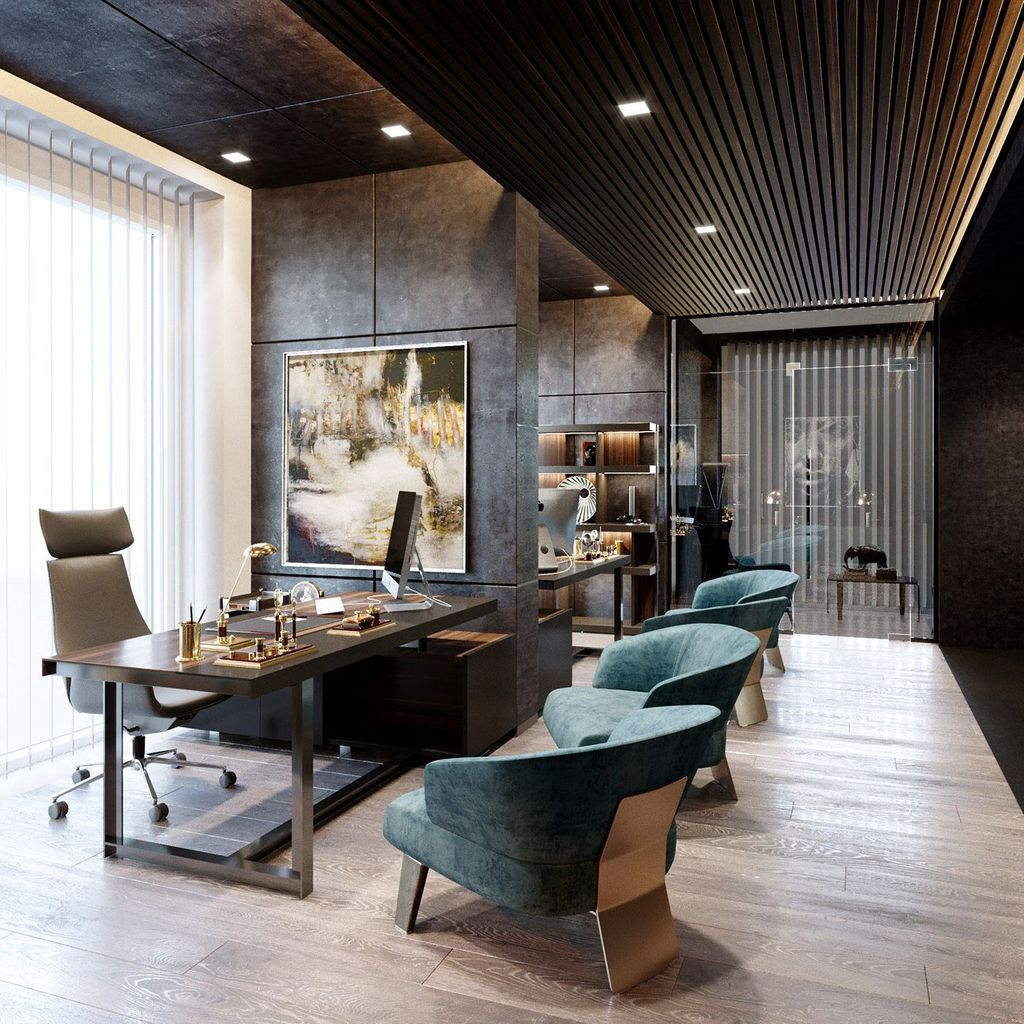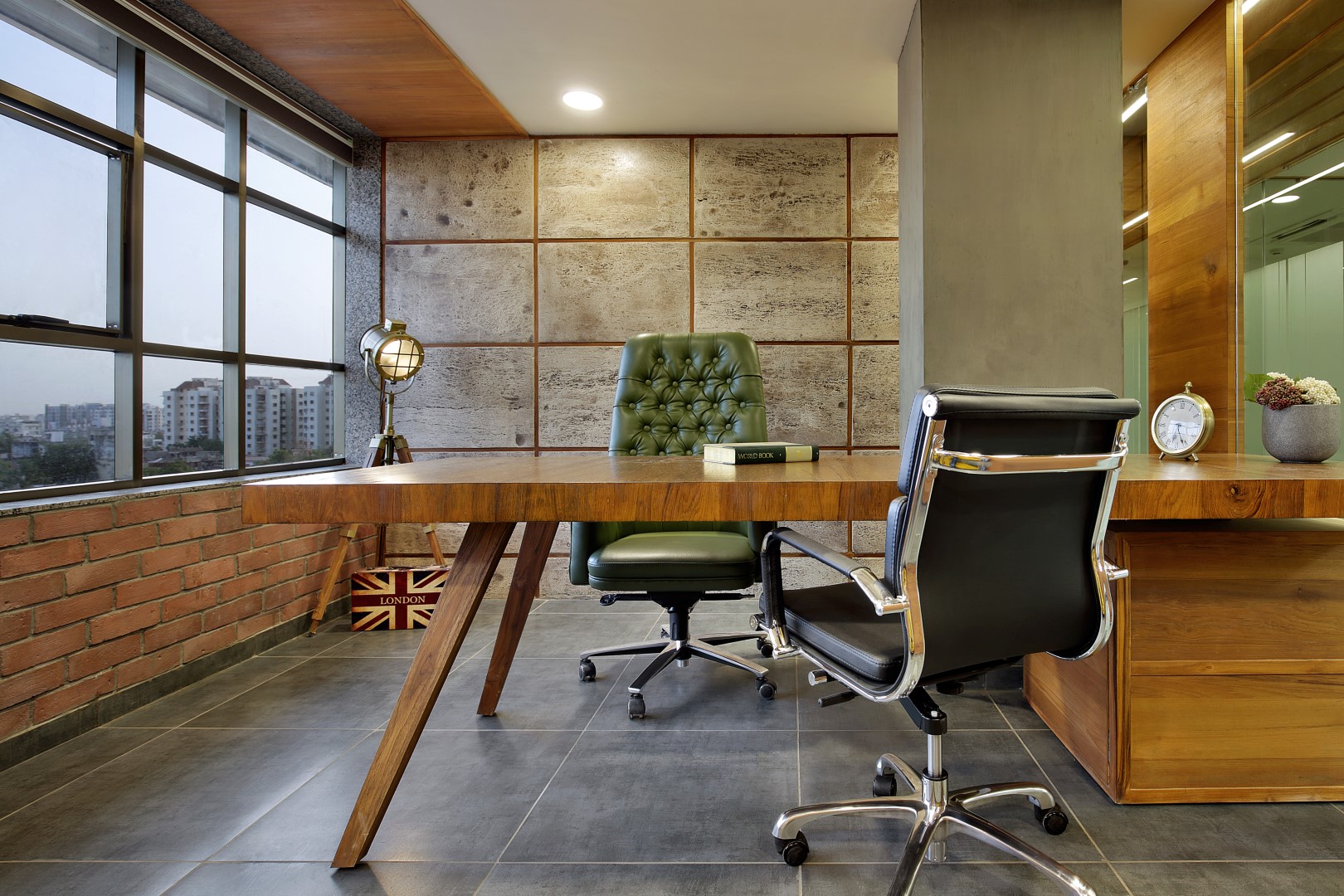interior design office design
Interior Design for Offices: A Guide to Creating Productive and Comfortable Workplaces
The office is a place where people spend a significant portion of their lives. It's where they work, collaborate, and build relationships. As such, it's important to create an office environment that is conducive to productivity and comfort.
Interior design can play a major role in creating a positive work environment. By carefully considering the layout, furniture, lighting, and colors, you can create an office that is both functional and inviting.
In this guide, we'll discuss the key elements of office interior design and provide tips for creating a productive and comfortable workplace.
1. Layout
The layout of your office is one of the most important factors to consider when designing your space. The way you arrange your furniture and workstations can have a significant impact on productivity, collaboration, and communication.
There are a few different layout options to choose from, each with its own advantages and disadvantages.
Open-plan offices are characterized by a lack of walls or partitions, creating a large, open space. This type of layout can promote collaboration and communication, but it can also be noisy and distracting.

Private offices offer more privacy and acoustic separation than open-plan offices, but they can also be more isolating. This type of layout is best suited for employees who need a quiet space to work independently.
A hybrid of open-plan and private offices can be a good option for businesses that want to promote collaboration while still providing employees with some privacy. This type of layout can be achieved by creating "neighborhoods" of workstations that are separated by low walls or partitions.
When choosing a layout for your office, it's important to consider the needs of your employees and the nature of your work. If you have a team of employees who collaborate closely on projects, an open-plan office may be a good option. If you have employees who need a quiet space to work independently, private offices or workstations may be a better choice.

2. Furniture
The furniture you choose for your office can also have a significant impact on productivity and comfort. When selecting furniture, it's important to consider the size and layout of your space, the needs of your employees, and your budget.
Comfortable chairs are essential for a productive work environment. Employees should be able to sit in their chairs for extended periods of time without experiencing discomfort. Look for chairs that offer good lumbar support and adjustability.
Functional desks are also important. Employees need enough space to work comfortably and store their belongings. Consider the type of work your employees do when choosing desks. For example, employees who work on computers all day will need a desk with a large surface area and ample space for a keyboard, mouse, and monitor.
In addition to chairs and desks, you'll also need to consider other furniture items such as filing cabinets, bookcases, and tables. When choosing furniture, it's important to create a cohesive look that's both functional and stylish.
3. Lighting

The lighting in your office can have a significant impact on productivity and comfort. Proper lighting can help to improve alertness, concentration, and mood.
There are two main types of lighting to consider: natural light and artificial light. Natural light is the best option, but it's not always possible to get enough of it in an office setting. If you don't have a lot of natural light, you'll need to rely on artificial lighting.
When choosing artificial lighting, it's important to consider the type of work your employees do. For tasks that require a lot of detail work, you'll need bright, direct light. For tasks that require less concentration, you can use a more diffused light.

In addition to the type of light, you'll also need to consider the placement of light fixtures. You want to make sure that all areas of your office are adequately lit.
4. Colors
The colors you choose for your office can also have a significant impact on productivity and comfort. The right colors can create a positive and uplifting atmosphere, while the wrong colors can lead to fatigue and discomfort.

When choosing colors for your office, it's important to consider the psychology of color. Some colors are known to promote productivity, while others can lead to distraction.
Here are a few tips for choosing colors for your office:
- Choose colors that are associated with productivity, such as blue, green, and yellow.
- Avoid using bright, stimulating colors in areas where employees need to focus, such as the work area.
- Use warm colors, such as red and orange, in areas where employees socialize or relax.

**
Thank you for exploring our website by interior design office design. Your presence fuels our commitment to excellence. Come back for a more enriching experience!

